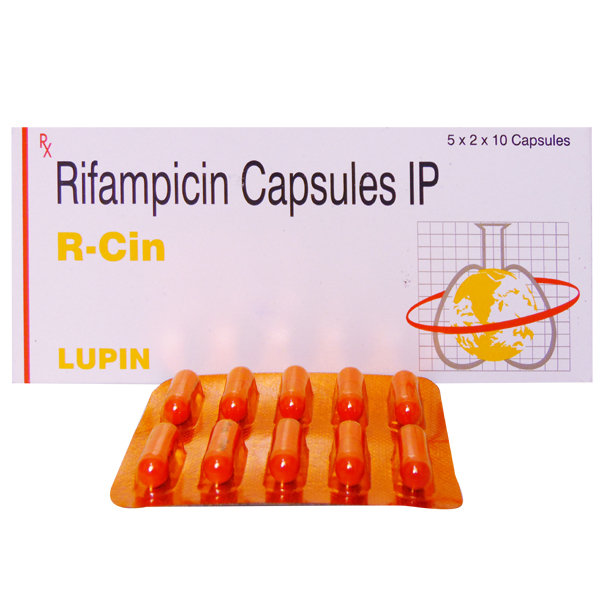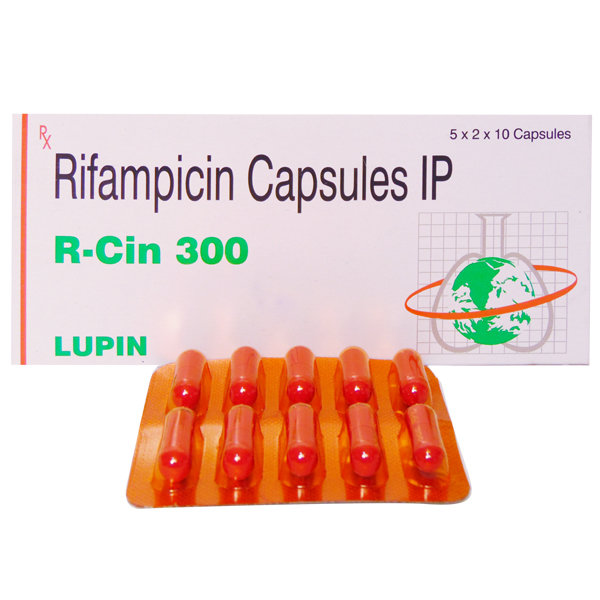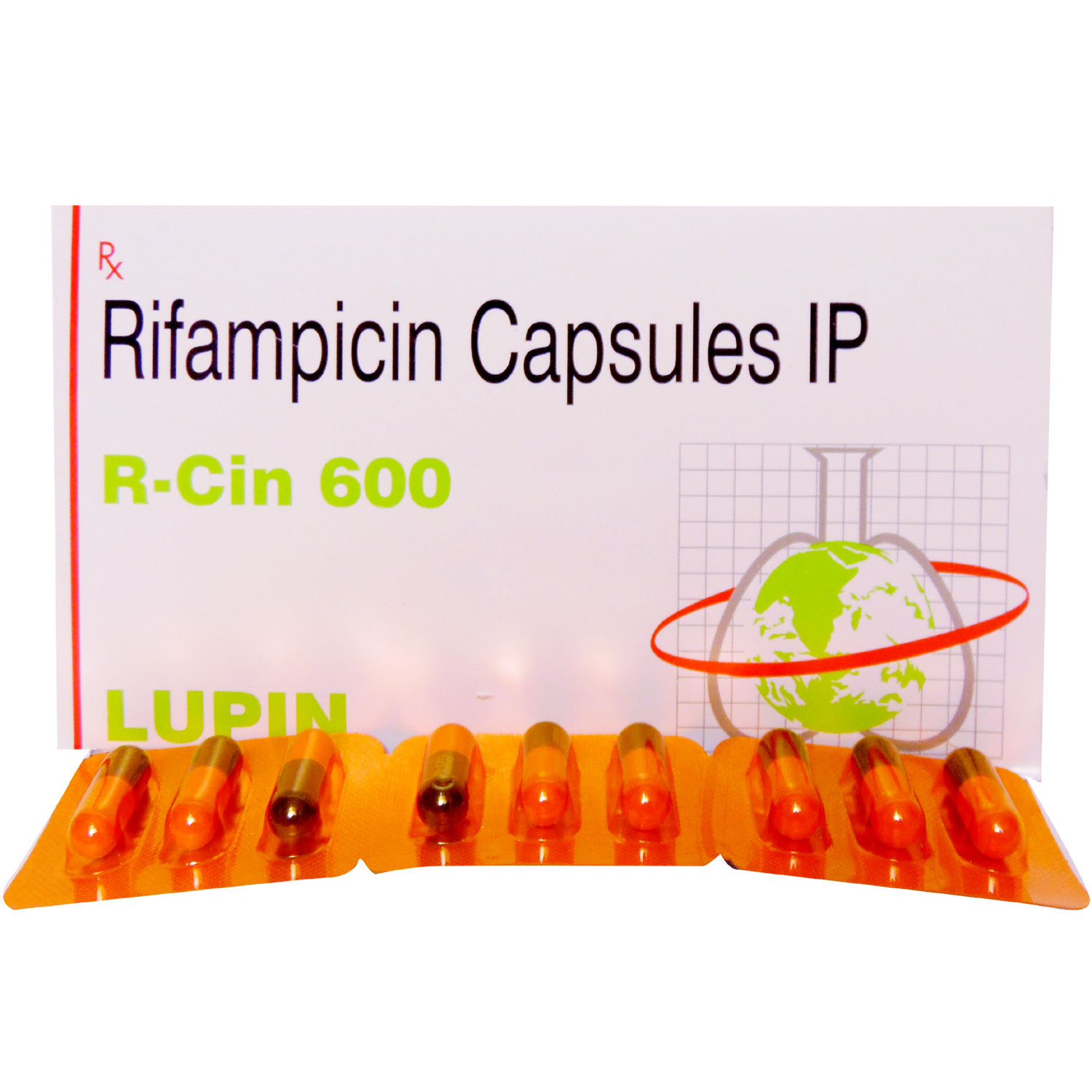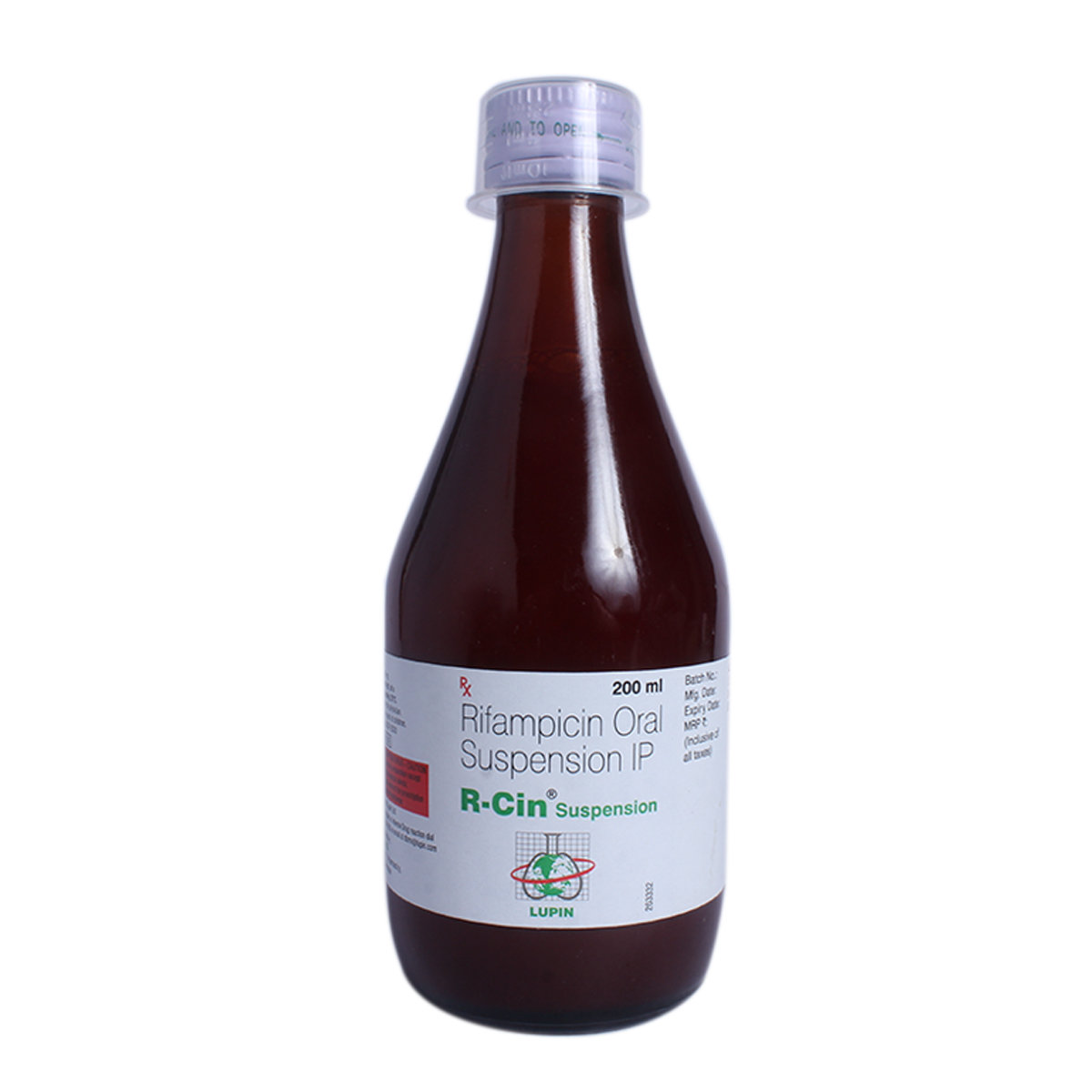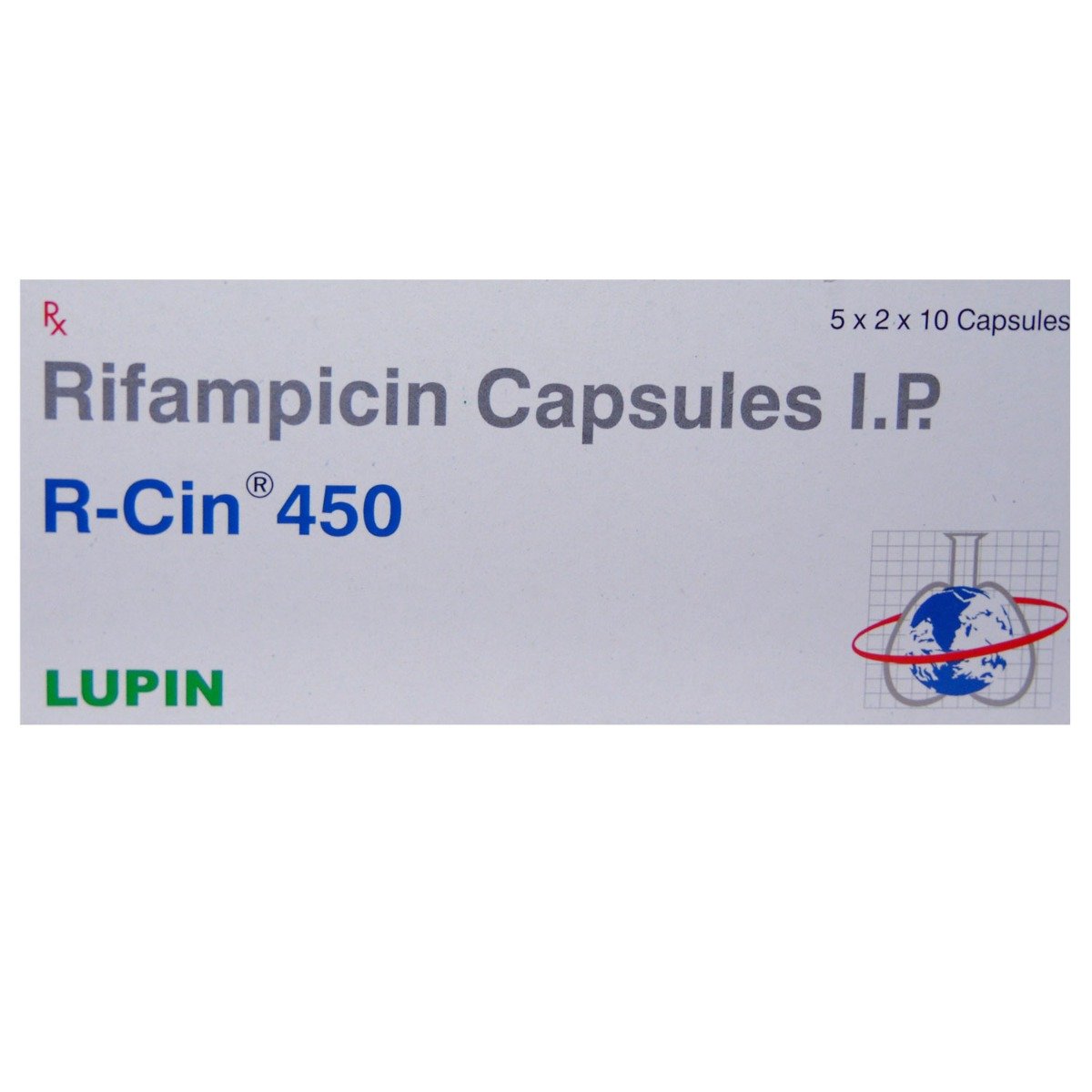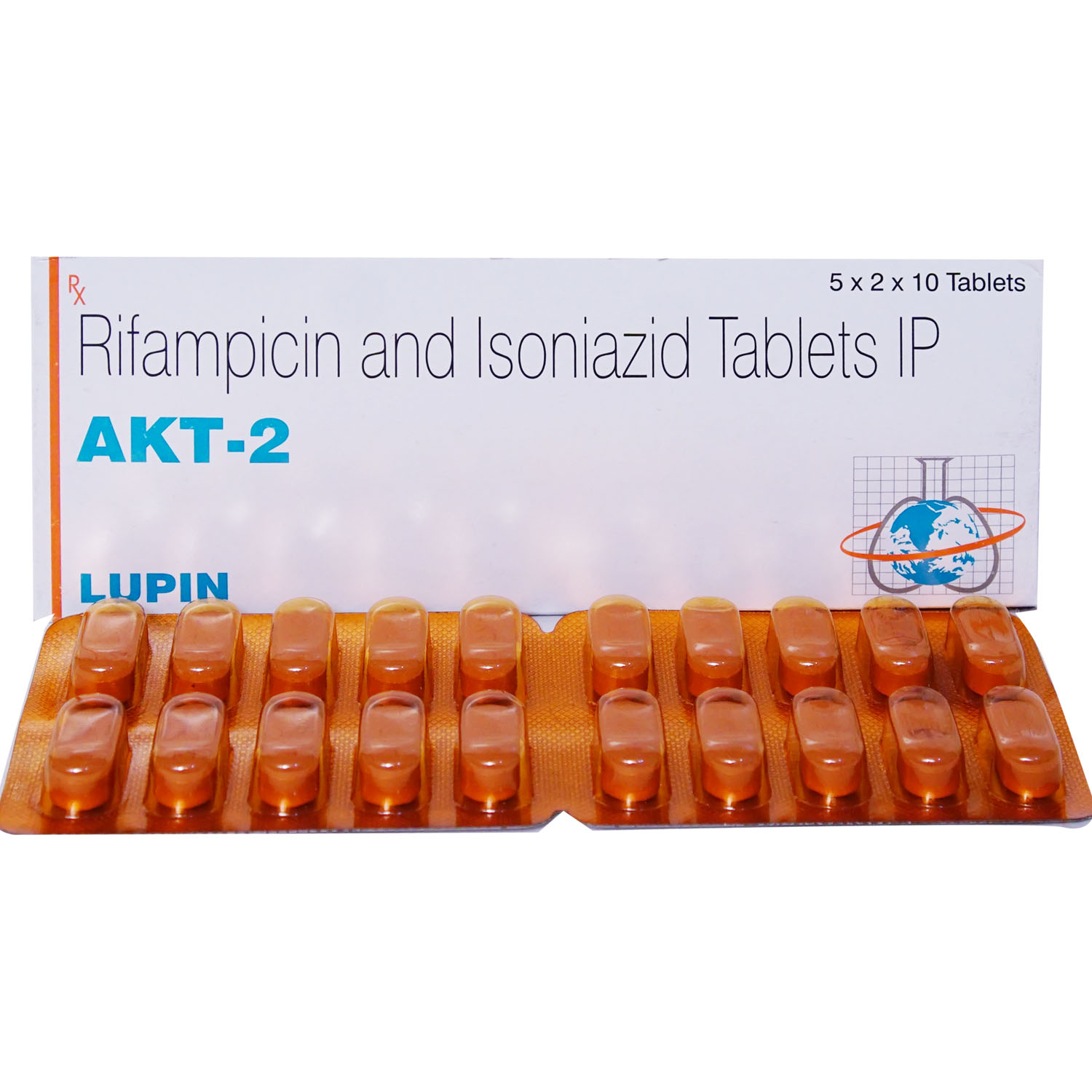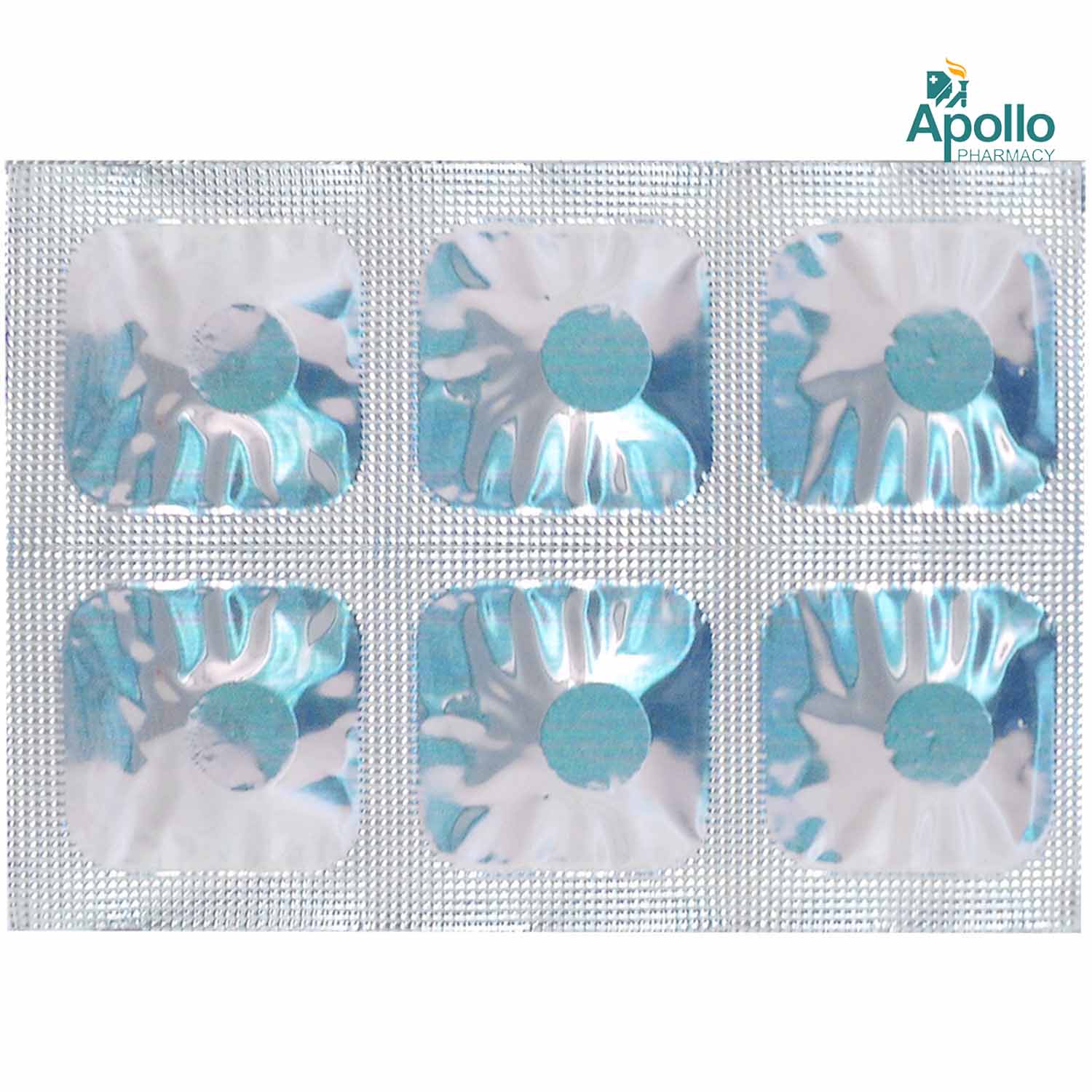Rifampicin
About Rifampicin
Rifampicin belongs to the group of medicines called macrolide antibiotics, primarily used in combination with other medicines to treat tuberculosis (TB). Tuberculosis is an infectious respiratory disease that affects the lungs but can also spread to other body parts such as the kidneys, brain, spine, and bone marrow. It is also used to treat other bacterial infections. Rifampicin does not work against infections caused by the virus, including cold and flu. As Rifampicin is an antibiotic, it does not work against infections caused by the virus, including cold and flu. The bacteria causing tuberculosis (TB) are highly contagious that spread from one person to another via tiny droplets released into the air (through coughs or sneezes).
Rifampicin consists of a drug called 'rifampicin' which works by inactivating a bacterial protein enzyme (RNA-polymerase) and inhibits bacterial cell death. Rifampicin acts against the bacteria called Mycobacterium tuberculosis, which causes TB (tuberculosis).
Rifampicin should be taken as recommended by your doctor. It should be taken 30 minutes before food or 2 hours after food on an empty stomach. In some cases, you may experience certain common side effects, such as drowsiness, dizziness, headache, weakness, muscle pain, heartburn, diarrhea, gas, and numbness or tingling sensation. Most of these side effects are mild and subside over time. However, if any of these effects persist contact your doctor immediately.
Rifampicin may raise liver enzymes like ALT and can cause jaundice if taken longer. Hence, a regular liver function test (LFT) is recommended while taking treatment with Rifampicin. Maintain a gap of one hour between Rifampicin and antacid medicines. Rifampicin is not recommended if you are pregnant or planning for pregnancy. Avoid breastfeeding while taking Rifampicin as it passes into breast milk. Rifampicin may cause dizziness, and vision problems; hence avoid driving vehicles or operating machines that require mental concentration. Avoid alcohol consumption while taking Rifampicin as it could lead to increased drowsiness, dizziness, and liver damage.
Uses of Rifampicin
Medicinal Benefits
Rifampicin contains 'Rifampicin' that treats Tuberculosis (TB) by inactivating a bacterial genetic material that allows TB bacteria to make a copy of its protein for further growth inside the host cell (human). Rifampicin is active against gram-positive cocci bacteria like Mycobacteria, Clostridium difficle and gram-negative bacteria like Neisseria meningitides, N. gonorrhoeae and Hemophilus influenzae. Rifampicin is also used as a second-line treatment in the treatment of cholestatic pruritus. It also treats leprosy, severe gram-positive bacterial infections (like osteomyelitis, endocarditis, brain abscess, meningitis and implant infections) in combinations with other antibiotics.
Directions for Use
Storage
Side Effects of Rifampicin
- Drowsiness
- Dizziness
- Headache
- Weakness
- Muscle pain
- Heartburn
- Diarrhoea
- Gas
- Numbness or tingling sensation
Drug Warnings
Rifampicin should be avoided if you are allergic to any of its contents. Inform your doctor if you have diabetes, epilepsy, gout, mental health problems, HIV infection, malnutrition, peripheral neuropathy, porphyria, bleeding problems, kidney or liver problems on priority before starting treatment with Rifampicin. Avoid foods and drinks containing histamines or tyramine, such as cured meat, matured cheese, soya, tuna, salmon, mackerel, wine, and beer, while treating with Rifampicin as they might cause interaction. Maintain a gap of one hour between Rifampicin and antacid medicines.
Rifampicin is not recommended for pregnant women. Hence, inform your doctor if you are pregnant or planning for pregnancy. Avoid breastfeeding while using Rifampicin as it passes into breast milk. Rifampicin should be given to children only if prescribed by the paediatrician. Rifampicin may cause dizziness or drowsiness, so avoid driving vehicles. Avoid alcohol consumption along with Rifampicin as it could lead to increased drowsiness, dizziness and liver damage.
Drug Interactions
DRUG-DRUG INTERACTIONS: Rifampicin may have interaction with pain killers (acetaminophen, hydrocodone), anti-TB (ethambutol, pyrazinamide) and vitamins (ergocalciferol, cholecalciferol, ascorbic acid), blood thinners (warfarin), Antacids (Pantoprazole, omeprazole), Antibiotics (doxycycline, ciprofloxacin, amoxicillin), cough syrups (diphenhydramine), anti-seizure drugs ( phenytoin, phenobarbital, Iamotrigine), azole antifungals (itraconazole, ketoconazole, voriconazole), calcium channel blockers (diltiazem, nimodipine, verapamil).
FOOD-DRUG INTERACTIONS: Do not consume alcohol while taking Rifampicin as it could lead to increased dizziness and liver damage. Avoid foods and drinks containing histamine or tyramine, such as cured meat, matured cheese, soya, tuna, salmon, mackerel, wine, and beer, while taking Rifampicin as they might cause interaction.
DRUG-DISEASE INTERACTION: Rifampicin may have interactions with colitis (inflammation in the lining of the colon), porphyria ( blood disease), hemodialysis, liver toxicity, and kidney and liver dysfunction.
Drug-Drug Interactions Checker List:
Safety Advice

Alcohol
cautionRifampicin intake is not recommended with alcohol. A patient is not advised to take alcohol with Rifampicin as it may increase chances of liver damage.

Pregnancy
unsafeNot recommended during pregnancy. Tell your doctor if you are pregnant or planning to become pregnant. Rifampicin should not be taken during pregnancy as it can affect your unborn baby's growth and may cause complications to the mother and baby after birth.

Breast Feeding
unsafeNot recommended while breastfeeding. A patient should not breast-feed while taking Rifampicin. This is because a small amount of Rifampicin may pass into the mother’s milk. So, if you are breastfeeding or planning to breast-feed, talk to your doctor.

Driving
cautionCaution should be maintained by a patient while driving a motor vehicle or doing hazardous work. A patient may experience dizziness, have problems with vision or have other side effects that could affect his ability to drive after taking this medicine. If this happens, do not drive.

Liver
cautionNot recommended to be taken in liver patients without doctors consultation as Rifampicin has been found to affect liver function with raised ALT enzymes.

Kidney
cautionNot recommended for kidney patients without doctor's consultation. Intake of Rifampicin in these people may result in symptoms like blood in the urine, a change in the amount of urine passed and feeling drowsy or weak.

Children
safe if prescribedRifampicin is safe to be prescribed in children below 12 years. Dose adjustments by the doctor are done according to age, weight, and severity of infection
Habit Forming
Diet & Lifestyle Advise
- Try to take foods rich in vitamin C such as orange, kiwi, broccoli, and bell pepper which helps in improving the immune system.
- Avoid consuming processed and fried foods.
- Warm ginger tea or warm soup can help in providing relief from cough.
- Avoid foods and drinks containing histamine or tyramine such as cured meat, matured cheese, soya, tuna, salmon, mackerel, wine and beer.
- Smoking and alcohol consumption should be avoided as it causes dizziness.
- Drinking pineapple juice might help soothe the symptoms of cough and cold. It also has anti-inflammatory and mucolytic properties.
Special Advise
- Rifampicin may cause live bacterial vaccines (such as typhoid vaccine) to not work as well. Do not have any immunizations/vaccinations while using this medication unless your doctor tells you to.
- Rifampicin may cause temporary discolouration of urine, tears, and other secretions may become orange-red in colour. Avoid using contact lenses since they may become discoloured. Contact your doctor for further advice.
- Regular liver tests may be advised by your doctor while taking Rifampicin to check how your liver is functioning.
- Rifampicin may affect test results of some blood tests such as folate, vitamin B12, and liver function tests. Hence inform your doctor or the lab person if any such tests are advised.
Patients Concern
Disease/Condition Glossary
Tuberculosis (TB): It is an infectious disease that affects the lungs, but it could also spread to other body parts such as the kidneys, brain, spine, and bone marrow. Tuberculosis is caused by a bacteria named Mycobacterium tuberculosis. It is a contagious disease that can spread to others through small droplets released into the air by a person suffering from tuberculosis. Symptoms include a cough that lasts for a few weeks, pain while coughing or normal breathing, unexplained fatigue, fever, night sweats, loss of appetite and weight. People who smoke or consume alcohol, people diagnosed with HIV, and immune system problems are more likely at risk of developing active TB.
FAQs
Do not stop taking Rifampicin despite symptomatic relief. To treat your condition effectually, continue taking Rifampicin for as long as it has been prescribed by doctor and must be taken strictly at proper times.
Rifampicin is a bactericidal drug that means it kills bacteria. It acts by blocking the activity of a bacterial enzyme called DNA-dependent RNA polymerase which essential for bacterial survival, thereby killing the bacteria.
Rifampicin has no known serious drug interaction with ibuprofen or aspirin. Inform your doctor about all the medication you are currently taking to avoid harmful interactions that may reduce treatment effectiveness.
Yes, in some cases headache can be caused as a side effect of Rifampicin. A patient must consult a doctor if it progresses with time.
Rifampicin is safe when used at prescribed doses for the prescribed duration. Constant monitoring of liver function is important while on treatment with Rifampicin. Please consult your doctor if you have any liver problems before taking Rifampicin as it may worsen the situation. However, prolonged use of Rifampicin can cause raised ALT (liver enzyme), and the person taking the treatment can developed jaundice symptoms like yellowing of eye, skin etc. In this case, stop taking Rifampicin and immediately contact a doctor.
Rifampicin may cause temporary discoloration of urine, tears and other secretions may become orange-red in colour. Avoid using contact lenses since they may become discolored. Contact your doctor for further advice.


